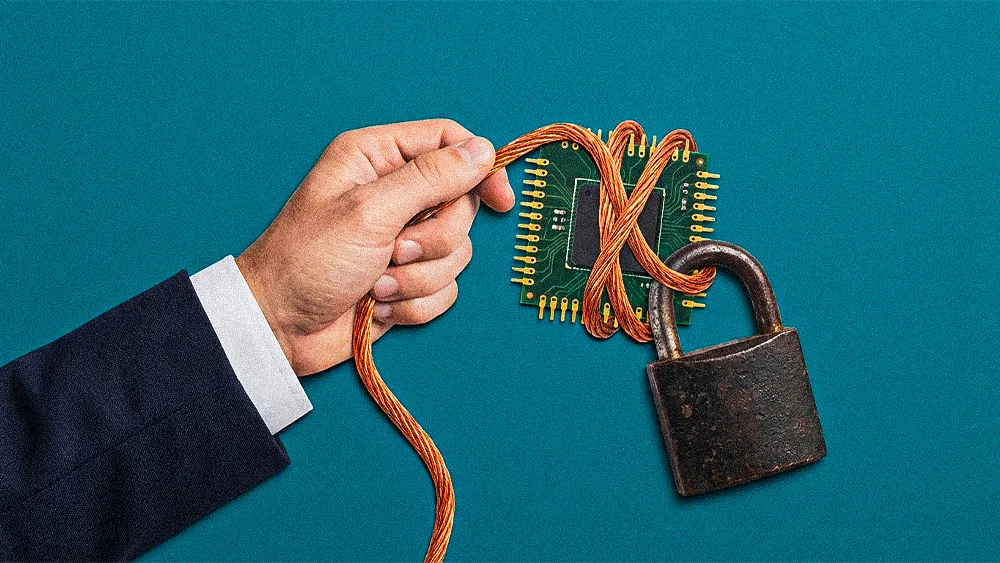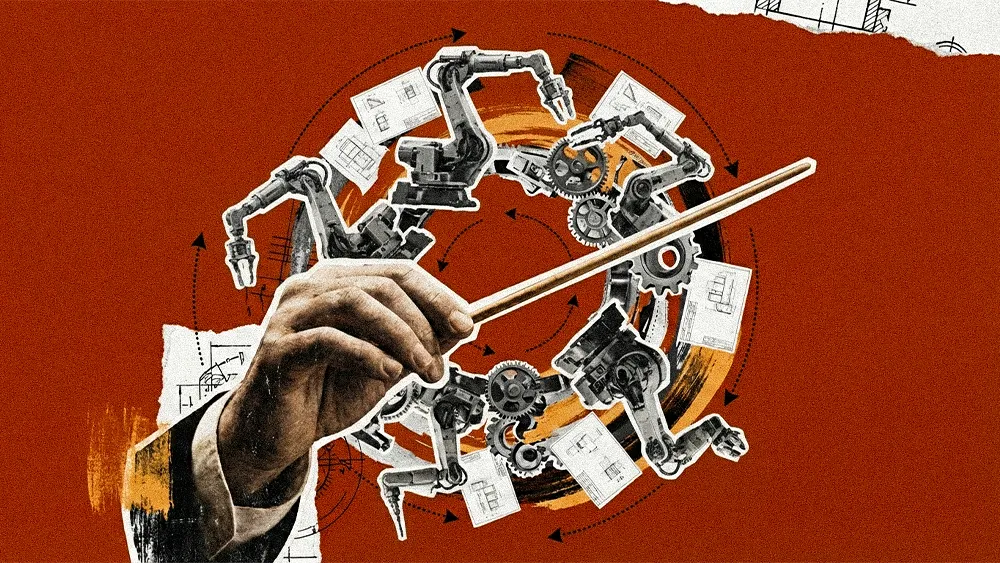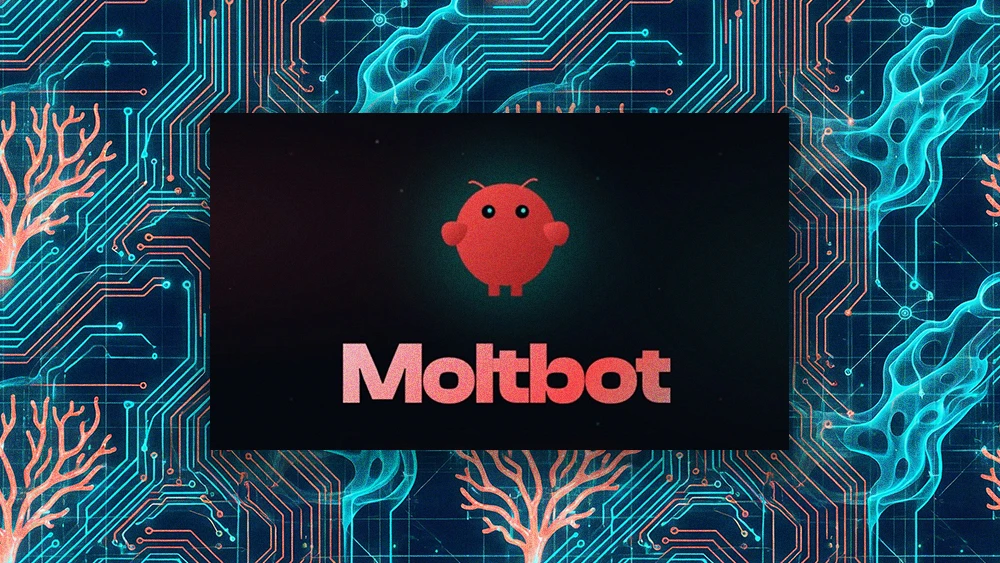
- There's an ongoing debate over the timeline for quantum computing advancements, with some experts predicting breakthroughs within a decade.
- The quantum computing threat involves two distinct timelines: the initial breakthrough of breaking encryption and the subsequent ability to weaponize it at scale.
- Palo Alto Networks' Richu Channakeshava discusses the transition to quantum-safe encryption and democratizing encryption as an automated service.
- Upgrading foundational hardware for quantum safety is a costly and complex challenge, estimated to cost over $7.1 billion for U.S. federal agencies alone.
The Hollywood script for a hypothetical quantum apocalypse is simple: a single, cataclysmic doomsday where all encryption instantly breaks. But that blockbuster narrative has leaders preparing for the wrong threat, budgeting for the wrong timeline, and ultimately, solving for the wrong problem.
Richu Channakeshava leads the quantum security initiative at Palo Alto Networks. Her experience shaping cryptography products at Cisco and A10 Networks drives why she believes leaders need to stop thinking about a single doomsday event and start planning for two very different timelines.
Two clocks ticking: The first mistake, Channakeshava said, is conflating two very different events into one. "It’s one thing for the RSA algorithm to break, but it’s another thing entirely to build a scalable quantum computer that can decrypt a huge chunk of harvested data." Finding that one needle in a petabyte-sized haystack will require an investment ten times greater than what the industry has spent in the last three decades.
She decoupled the initial breakthrough—a vulnerability that research from Google Quantum AI suggests could be exploited with fewer than a million qubits,—from the ability to weaponize it at scale, which is likely five to ten years away. That distinction provides a realistic window for migration that aligns with NIST’s 2030 deprecation deadline.
Yet the actual speed of those clocks remains a source of intense industry debate, with skeptics pointing to persistent hardware hurdles while others, like IBM, maintain a more aggressive roadmap toward quantum advantage.
A secret arms race: "If a nation-state gets there before private companies do, you won’t hear about it in the news," she warned. "What you will see are the consequences: critical data, stockpiled in 'Harvest Now, Decrypt Later' attacks, will be decrypted and sold on the dark web, highly targeted social engineering attacks, and assaults on critical infrastructure." The most dangerous moment will be a state secret, redefining the threat from a technological race into a geopolitical reality.

The biggest challenge isn't just a software patch; it’s what Channakeshava called the "major brunt of the work": upgrading foundational hardware like firewalls, load balancers, and routers. That effort, which the White House estimates will cost federal agencies alone over $7.1 billion, will consume the bulk of the migration timeline—a window some fear is optimistic, given that past cryptographic transitions have often taken well over a decade. Organizations now face a difficult choice. While some systems can be upgraded or replaced, she notes the real challenge lies in protecting the vast landscape of legacy infrastructure that simply can’t be changed.
Speaking the same language: No single company can solve this problem alone. It's a principle already in action, with companies like QuSecure developing quantum-safe solutions for Cisco routers and major VPN providers rolling out post-quantum encryption. Cryptography requires interoperability. "You need two people to speak the same language," she said. "As a vendor, we single-handedly cannot solve this. It is truly an ecosystem play, and working with partners and customers has been the foundation of our strategy."
Civilian-grade security: In Channakeshava's vision, this mandatory migration is a catalyst for something bigger: a future where security is decoupled from the device and orchestrated as an intelligent, automated service. "I want an agentic AI that takes care of my encryption policies with the same ease that it books my next Uber," she said. "We have a chance to make security automated, agentic, and finally, civilian-educated."
.svg)





